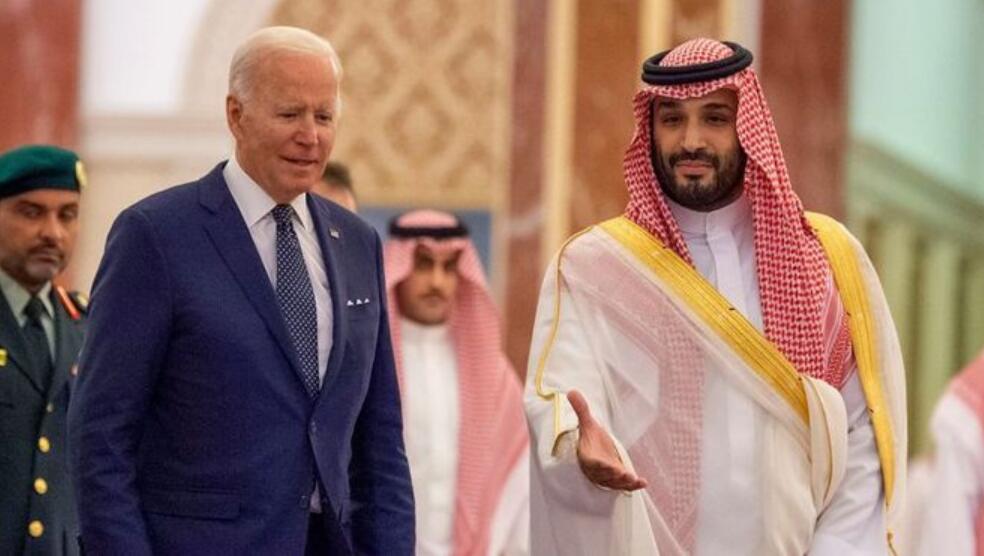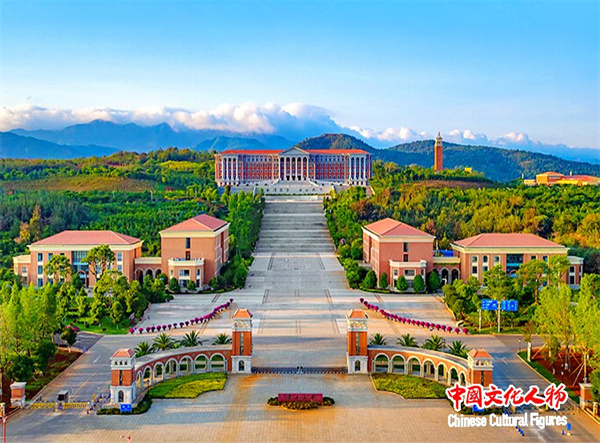International Monetary Fund (IMF) Managing Director Christine Lagarde delivers a speech during the plenary session of the Annual Meetings of the Boards of Governors of the World Bank Group (WBG) and the IMF in Lima, Peru, on Oct. 9, 2015. [Photo: Xinhua] The International Monetary Fund (IMF) warned on Thursday that the global economy faced risks of persistently sub-par growth, calling on the G20 countries to take structural reforms to avert risks. The Washington-based agency released a Note on Global Prospects and Policy Challenges ahead of the upcoming G20 leaders summit in Antalya of Turkey. "With global economic prospects repeatedly marked down over the last five years, there is a concrete risk of a world economy persistently mired in sub-par growth, with unacceptably high levels of poverty and unemployment," the report noted. It pointed out three significant transitions weigh on the global outlook in an environment of increased uncertainty. "The Federal Reserve is poised to normalize monetary policy while other major currency areas will likely be easing further. China"s economy is experiencing a needed moderation as it embarks on a historic and multi-year rebalancing of its growth model," it said. The decade-long commodity super cycle appears to be over and the international migration has become a pressing economic issue for both sending and receiving countries, particularly in light of the ongoing refugee crisis, the report noted. The IMF warned if the transitions are not successfully navigated, global growth could be derailed. Fed lift-off could increase financial market volatility, with potentially disruptive moves in capital flows and asset prices. The IMF called for structural reforms to raise future growth with effective demand-side measures. Economic slack and very low inflation justify continued monetary accommodation in most major advanced economies, while fiscal policy needs to be more supportive where conditions allow, it said. In emerging and developing economies, demand support should be carefully weighed against the need to manage vulnerabilities, it said. While welcome, the IMF cautioned China"s rebalancing is generating large global spillovers and could be bumpy. The IMF said China"s economy needs to transition toward a slower, more sustainable growth path. The transition process in the short run is likely to entail spillovers through trade and commodities. However, the international community should support China in this difficult endeavor since a successful transition will benefit global growth and reduce tail risks. The IMF projected the global economy to 3.6 percent in 2016, the fastest pace since 2011. Major advanced economies would continue to benefit from supportive monetary conditions and lower commodity prices. Emerging market economies would also be expected to pick up next year after five years of decline. The tenth G20 summit to be held on Nov. 15-16 in Antalya comes at a time when the world economy is facing various problems including a slowdown in growth, differentiated policies, transition and changes, and increasing uncertainty. |











